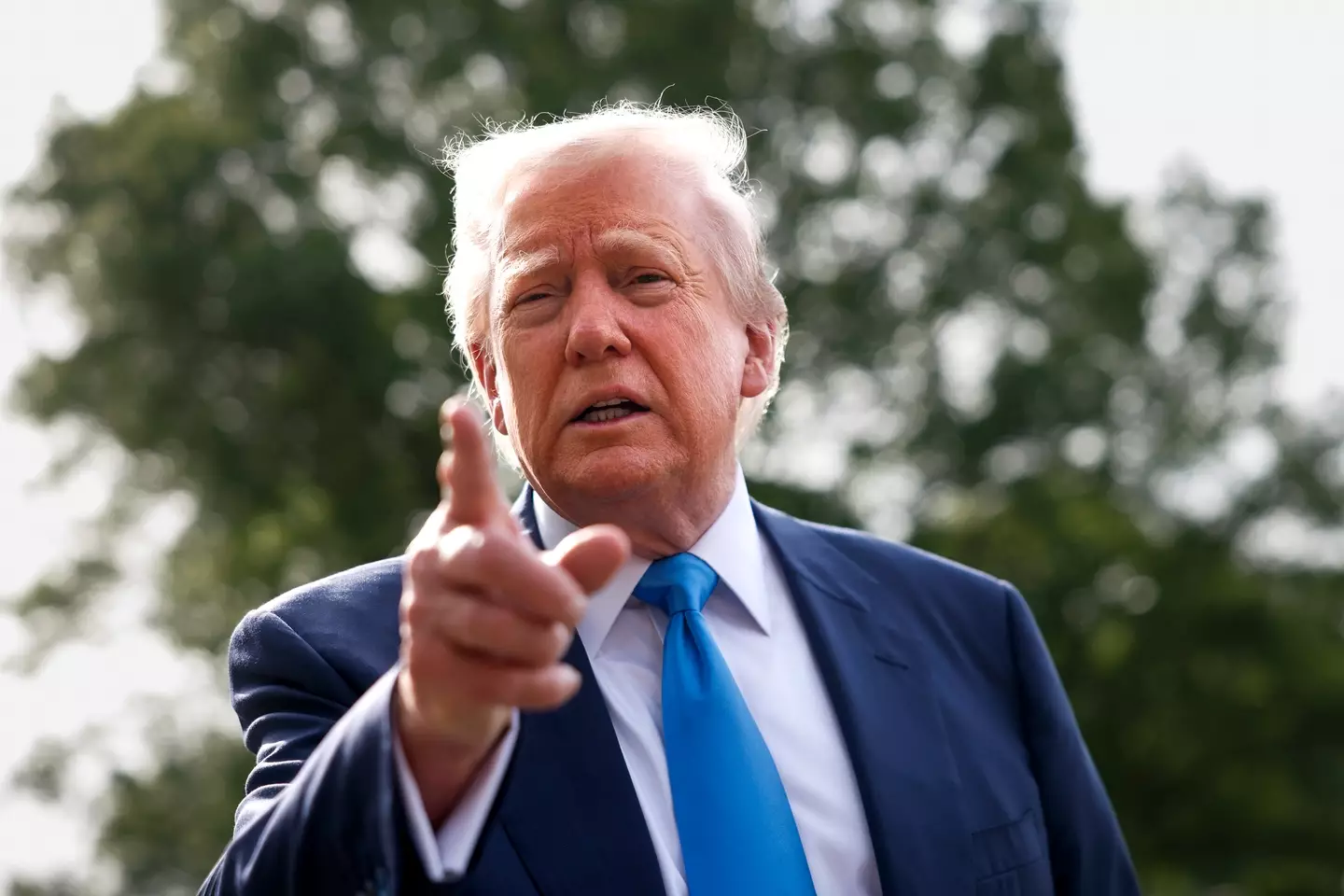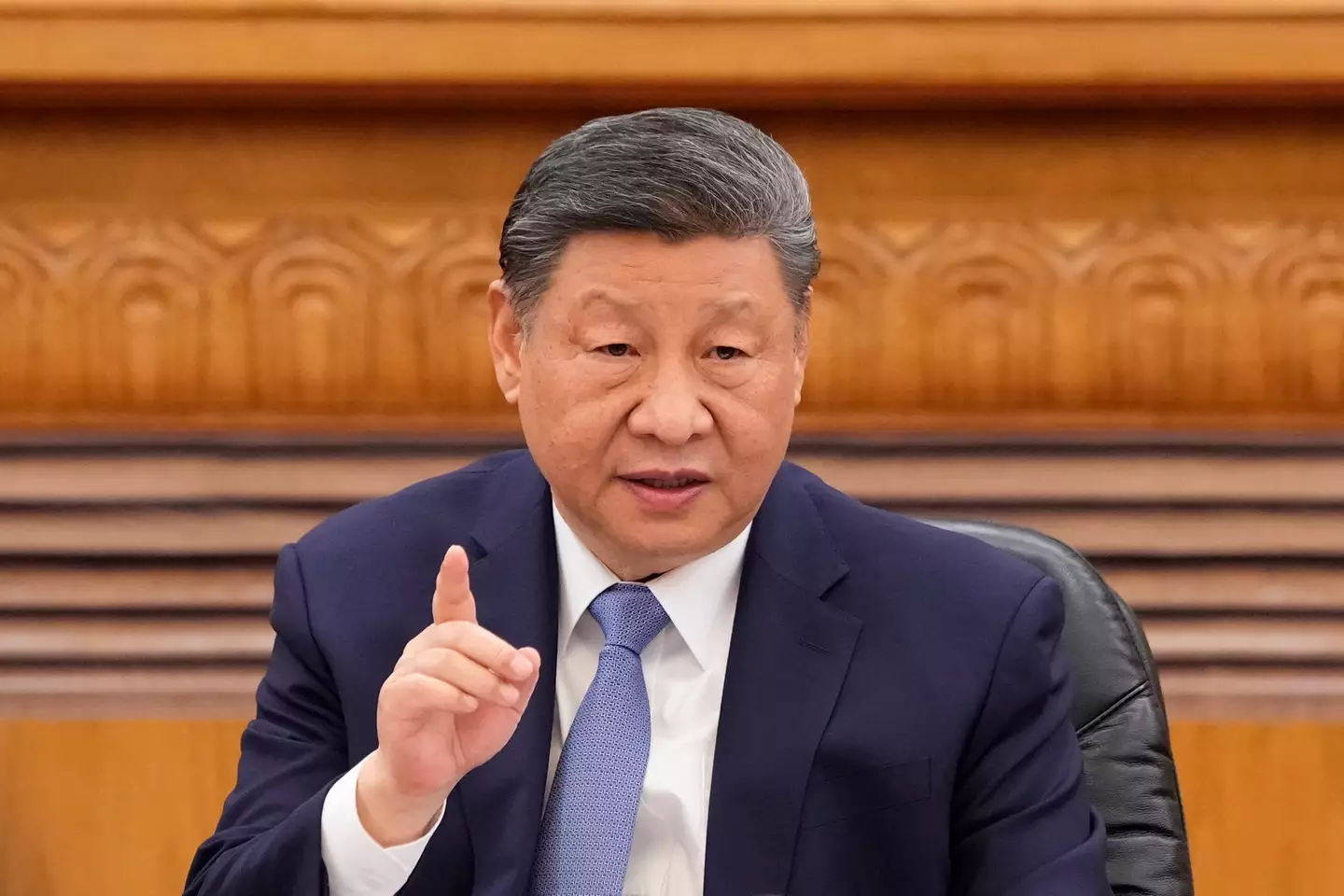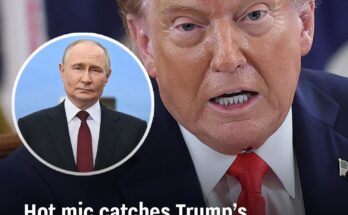China has sharply rebuked former President Donald Trump after he claimed that Chinese President Xi Jinping had called him to discuss tariffs—an assertion Beijing strongly denies.
Since returning to the White House, Trump has signaled a dramatically different approach to international trade. His so-called “Liberation Day” on April 2 underscored this shift, as he unveiled an aggressive new economic plan featuring sweeping tariff hikes targeting multiple countries.
Among the most affected was China. In response to Trump’s announcement—which included a 25% tariff on Chinese imports—Beijing hit back with a sharp escalation of its own. China’s retaliatory measures increased overall tariffs on U.S. goods to 54%, including a 15% levy on American farm products, a 10% tariff on crude oil and agricultural machinery, and a blanket 34% tariff on all U.S. imports.
The Chinese government was quick to dismiss Trump’s narrative of cordial talks, instead characterizing his claims as exaggeration and reaffirming its commitment to countering U.S. economic pressure with equal force.

Donald Trump insisted China and US would find a way to work together regarding their ongoing tariff war (Kevin Dietsch/Getty Images)
This escalation culminated in Trump raising tariffs on Chinese goods first to 145 percent, then to 245 percent, while temporarily suspending tariff plans for all other countries for 90 days. In response, China increased tariffs on all U.S. goods to 125 percent and curtailed exports of rare earth minerals.
Both President Trump and Chinese President Xi Jinping have signaled their unwillingness to back down. China declared it was “ready to fight till the end,” while Trump contended that China had “played it wrong.”
When questioned by reporters about the intensifying trade conflict, Trump struck a more conciliatory tone, stating he would not take a hardline approach and that both nations would ultimately find common ground.
Speaking on Tuesday, April 22, he said: “No, no, we’re going to be very nice. They’re going to be very nice, and we’ll see what happens. But ultimately, they have to make a deal, because otherwise they’re not going to be able to deal in the United States, and we want them involved.”
A few days later, Trump claimed to have spoken with Xi, though he did not disclose the details of their conversation.

Trump claims he’d spoken to Xi Jinping, however, a spokesperson has denied that this call had happened (Ken Ishii – Pool/Getty Images)
In an interview with Time published last Friday (April 25), Trump insisted that Chinese President Xi Jinping had attempted to call him, stating: “He’s called. And I don’t think that’s a sign of weakness on his behalf.”
However, Chinese Ministry of Foreign Affairs spokesperson Guo Jiakun disputed Trump’s claim, saying in a statement via Reuters: “As far as I know, the two heads of state have not had any recent phone calls.
“I want to reiterate that China and the United States are not engaged in consultations or negotiations regarding the tariff issue.”
According to CNN, publicly available records indicate that the last phone conversation between the two leaders occurred on January 17, prior to Trump’s inauguration.


